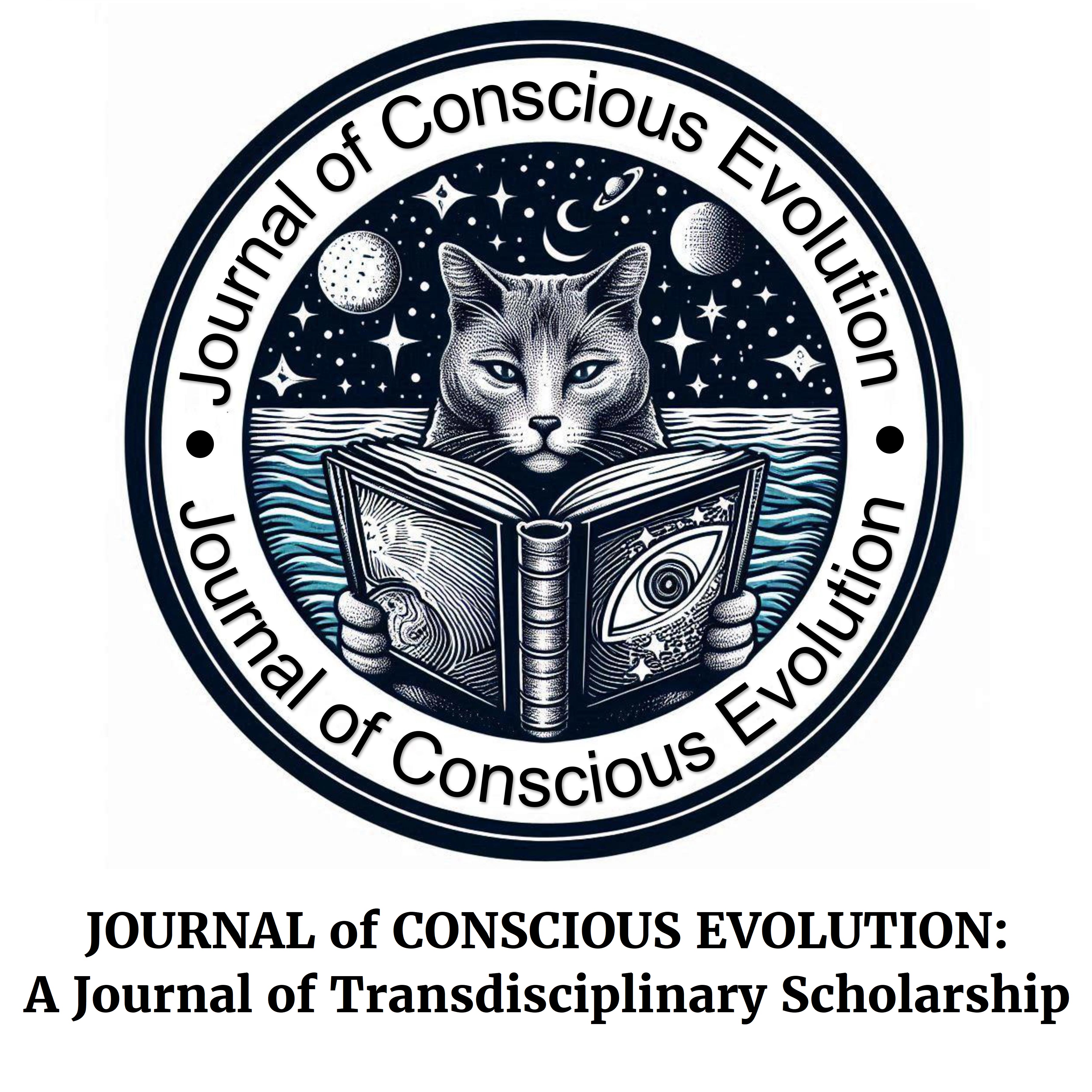
Abstract
Sensitivity to paranormal phenomena can be a source of emotional, mental and psychospiritual stress for individuals demonstrating verified mediumistic abilities, yet integrating these anomalous experiences in a healthy, affirming manner can reduce distress and potentially deflect egodystonic diagnoses of pathology. Because mediums can relay information which appear to be otherworldly from meditation, during trance, or by automatic writing and painting, health professionals have diagnosed mediums with mental disorders such as dissociative identity disorder and schizophrenia. This overreliance on pathology to explain anomalous experiences is troublesome and can cause severe distress to individuals demonstrating extrasensory capabilities. This paper was written to understand my own anomalous experiences and is designed to provide validity and professionalism to the practice. As the field of mental health continues to evolve, evidence supporting mediumship as a beneficial practice along with the importance of integrating this non-ordinary state of consciousness is becoming more socially accepted, and a transpersonal approach to treatment through veridical investigation and nurturing guidance is preferred over a traditional reliance on delimiting Western applications.
Recommended Citation
Seda, D. A. (2023). Mediumship and Mental Health: Investigating Spirit Communication and the Importance of Integration. Journal of Conscious Evolution, 20(20). https://digitalcommons.ciis.edu/cejournal/vol20/iss20/2
Included in
Clinical Psychology Commons, Cognition and Perception Commons, Cognitive Psychology Commons, Multicultural Psychology Commons, Other Psychology Commons, Social and Philosophical Foundations of Education Commons, Transpersonal Psychology Commons


